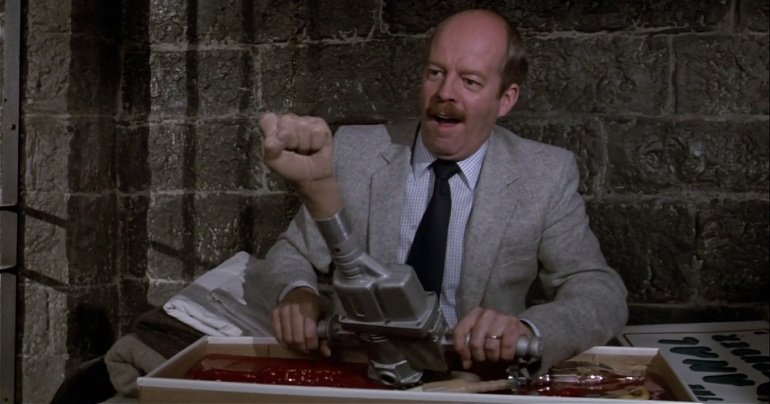NACA And CRA Housing Agencies Screwed Homeowners With Loan Modifications
During the housing crisis, many homeowners went to CRA Housing Agencies seeking help to modify their loans. CRA Housing Agencies offered services for free and were the beneficiaries of free advertising from clueless politicians and their banking benefactors. Yes, CRAs are funded by the banking industry.
Yet, many homeowners who went to CRAs for help ended up losing their homes. The few homeowners who did receive modifications are in a worse position now than they were before getting the modification. The modifications the CRAs negotiated took away all the homeowner’s rights.
Homeowners who did get modifications are now heading back into foreclosure. In other words, CRA Housing Agencies are a joke.
What Are CRA Housing Agencies
The US Congress passed the Community Redevelopment Act in 1977. CRA encouraged banks to help people in low and moderate-income neighborhoods become homeowners. Through FDIC mandates, banks can offer low-interest mortgages to the local municipality donating the land or leasing the land to the homeowner. Banks also like CRA clients because it shows they active in the community. In most cases, banks even contribute and help fund non-profit housing agencies under the CRA.
Banks also like CRA clients because it shows they are active in the community. Banks even contribute and help fund non-profit housing agencies under the CRA. Contributions to local CRAs helps the bank when they seek FDIC approval to expand their business, merge with another bank. This is one of the reasons banks flock to CRA projects and fight over eligible homeowners.
CRAs were the cause of the financial crisis contrary to what armchair conservatives like to spout on social media. Lending guidelines on CRA loans are much stricter than on most conventional lending programs or sub-prime loans CRA loans also only made up less than 10% of the mortgages written during the housing boom.
CRAs And The Financial Crisis
CRA housing agencies began offering modifications and foreclosure assistance when the financial crisis began. They touted their free services and many CRAs bragged about having inside relationships with the banks.
CRA Housing Agencies also benefited from free advertising from their partnered bank.
The last thing the banks wants is for a homeowner to talk to someone like me or an attorney. I come from the world of lending and have a track record of helping attorneys kick the crap out of lenders and making their CEOs use Alka-Seltzer as a chaser for Rolaids.
Politicians wholeheartedly jumped on board with the banking lobby’s propaganda. Politicians even went so far as telling voters not to pay foreclosure defense attorneys. They bragged a CRA housing agency could save their home for free. Politicians became unwitting collaborators with bankers in their pursuit to score points with voters. Politicians were essentially herding homeowners into a financial version of a Nazi Death Camp.
NACA & CRA Housing Agencies Collaborated With Banks To Profit From Your Misery
When the homeowner came to MFI-Miami with their file we are shocked that the housing agency didn’t have an “Inside Man” like they claim.
The worksheets from the housing agency showed counselors were talking to the same customer service as homeowners. Counselors were also getting the same run as the homeowner.
What came as more of a shock was the housing counselor believed absolutely every word the lender told them. I soon learned that most housing counselors at CRAs and Neighborhood Assistance Corporation of America have absolutely no basic knowledge of 21st-century mortgage lending.
Banks treated CRA housing agencies like they treated mortgage brokers during the housing boom. They taught housing counselors just enough to convince homeowners to trap in the bank’s Kafkaesque maze of bureaucracy.
The lucky few who did get modifications from NACA or a CRA did not receive true loan modifications. They received what are know as forbearance agreements. Forbearance agreements are when homeowners agree to pay any arrearages at the end of the loan. The homeowner does not receive any type of principal write-down regardless if the value is less than is what is owed. Many of these forbearance agreements contained massive payment increases after five years. Thus putting the homeowner back in foreclosure.



